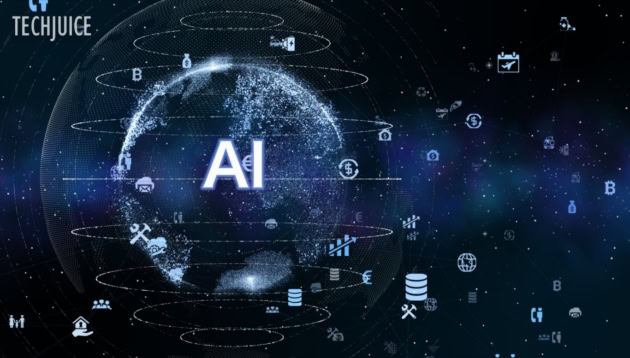In the rapidly evolving world of artificial intelligence, the demand for uncensored AI generators has surged. Users seek tools that provide unfiltered, creative, and unrestricted outputs—whether for research, content creation, or simply exploring the boundaries of AI capabilities. As censorship and content moderation become hot-button issues, many are turning to platforms that promise fewer restrictions. This article delves into the concept of uncensored AI, its implications, and highlights some of the best uncensored AI generators available, including insights from gdprinfo.eu.
Understanding Uncensored AI
Uncensored AI refers to artificial intelligence models and platforms that impose minimal restrictions on the content they generate. Unlike mainstream AI tools, which often filter outputs to comply with ethical guidelines, legal requirements, or community standards, uncensored AI aims to provide raw, unfiltered results. This can be particularly appealing to writers, researchers, and developers who need access to a wide range of information or creative possibilities without algorithmic limitations.
However, the use of uncensored AI raises important questions about ethics, privacy, and the potential for misuse. While some argue that uncensored AI fosters creativity and free expression, others warn about the risks of generating harmful, biased, or illegal content. It’s crucial for users to understand both the benefits and the responsibilities that come with using these powerful tools.
Why Are People Turning to Uncensored AI?
The growing interest in uncensored AI can be attributed to several factors. First, content creators and marketers often seek AI tools that can generate diverse and edgy content, which may be restricted on mainstream platforms. Second, researchers and academics may require access to unfiltered data for studies on language, culture, or societal trends. Finally, some users simply prefer the freedom to explore AI capabilities without encountering content warnings or blocks.
Uncensored AI generators are also popular among those who want to experiment with AI in ways that push the boundaries of traditional use cases. For example, generating alternative historical narratives, exploring controversial topics, or creating art that challenges societal norms. While these uses can be innovative, they also underscore the need for responsible engagement with AI technology.
The Best Uncensored AI Generators in 2025
As the demand for uncensored AI grows, several platforms have emerged as leaders in this space. According to gdprinfo.eu, some of the most notable uncensored AI generators include tools that prioritize user freedom while still offering robust functionality. These platforms often feature advanced language models, customizable filters, and user-friendly interfaces.
One standout feature of the best uncensored AI generators is their ability to adapt to user needs. Whether you’re looking for text generation, image creation, or code assistance, these tools provide a level of flexibility that is hard to find elsewhere. Additionally, many of these platforms are designed with privacy in mind, ensuring that user data is protected even as the AI generates unrestricted content.
Ethical Considerations and Responsible Use
While uncensored AI offers exciting possibilities, it’s essential to approach its use with caution. The lack of content filters means that users may encounter or generate material that is offensive, misleading, or even illegal. This raises ethical concerns, particularly around the spread of misinformation, hate speech, or explicit content.
To mitigate these risks, users should adopt a responsible approach to uncensored AI. This includes verifying the accuracy of generated content, being mindful of the potential impact of shared materials, and adhering to legal and ethical standards. Platforms that offer uncensored AI should also provide clear guidelines and tools to help users navigate these challenges, such as optional filters or educational resources.
The Future of Uncensored AI
The future of uncensored AI is likely to be shaped by ongoing debates about freedom of expression, technological regulation, and user privacy. As AI technology continues to advance, we can expect to see more sophisticated tools that balance openness with responsibility. Innovations in AI governance, such as decentralized moderation or user-driven content policies, may also play a role in shaping how uncensored AI evolves.
For now, uncensored AI generators remain a valuable resource for those who need unfiltered access to AI capabilities. However, their long-term success will depend on the ability of developers and users alike to address the ethical and practical challenges they present.
Conclusion
Uncensored AI generators represent a significant shift in how we interact with artificial intelligence. By offering unfiltered access to AI-generated content, these tools empower users to explore new creative and intellectual frontiers. However, with this freedom comes responsibility. As the landscape of uncensored AI continues to develop, it’s crucial for users to stay informed, exercise caution, and engage with these technologies in ways that are both innovative and ethical.
For those interested in exploring the best uncensored AI generators available, resources like gdprinfo.eu provide valuable insights and recommendations. As always, the key to making the most of uncensored AI lies in understanding its potential—and its limitations.
